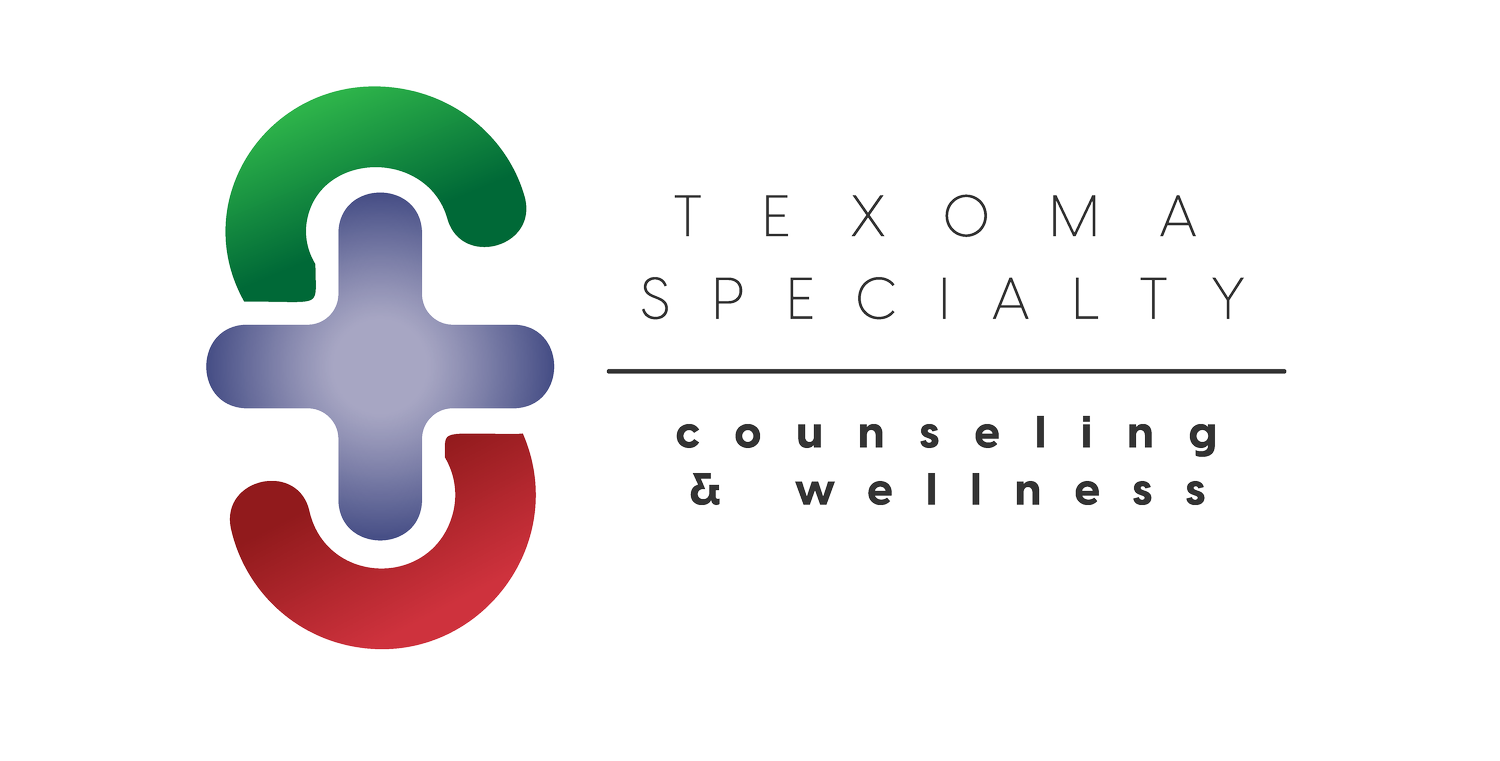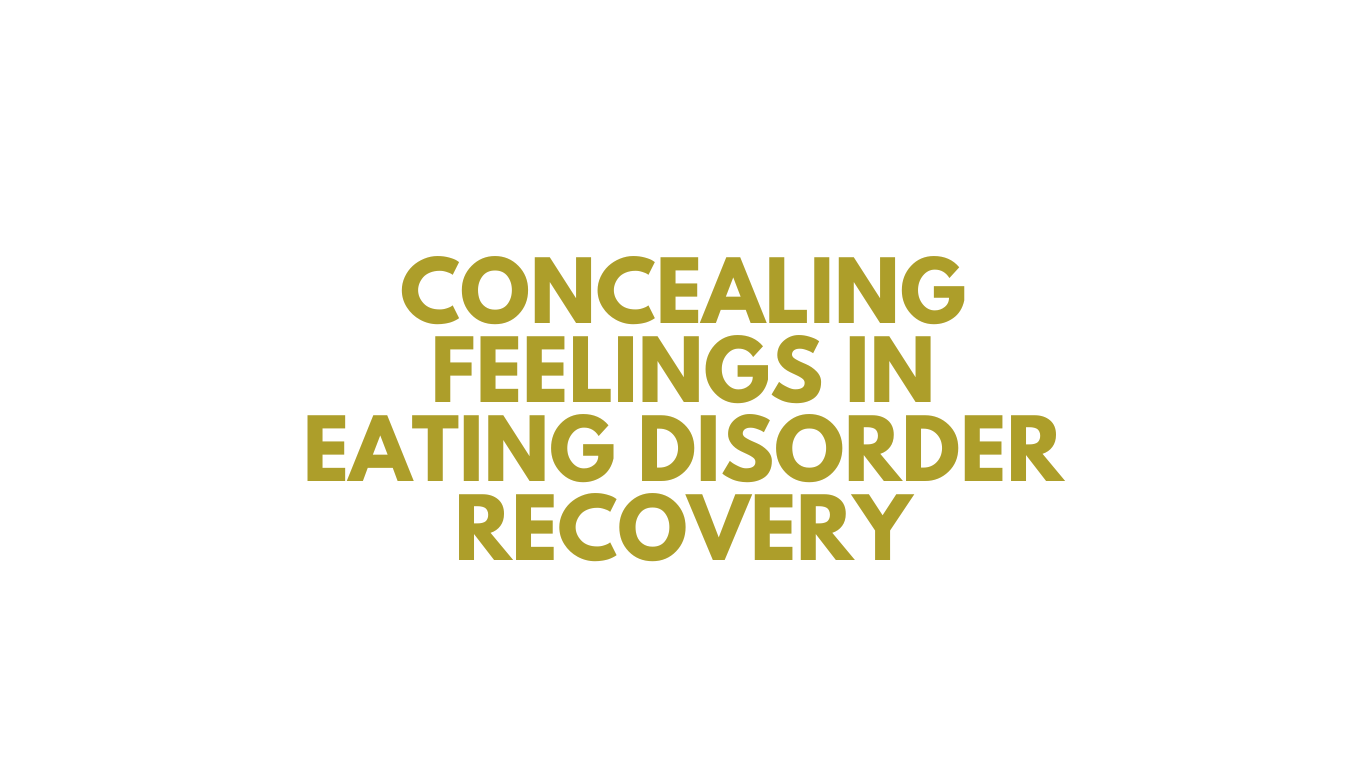The Challenge of Concealing Feelings in Eating Disorder Recovery
Do you think “I Am Fine” while you are recovering from your Eating Disorder? …but how are you really?
You have a voice in your head that tells you are “fine” but you aren’t. You are anxious, depressed, frustrated, stuck, and unsure of how to accept and like yourself. You constantly obsess about food and your body and it never feels “good enough” yet thoughts roll through your mind telling you, “You are “OK” and not “sick enough”. Those thoughts belong to your eating disorder and they are not true. These thoughts often keep people stuck and unable to ask and seek help.
You don’t have to be a certain weight to get help for an eating disorder.
I hear daily things like, “I am fine”, “I shouldn’t feel this way, my life has a lot of good in it”, “I eat” or “my weight is not too low and I am not sick”. Yet there is anxiety, fear, and difficulty accepting self and body associated with these “I am fine” thoughts. The thoughts associated with disordered eating convince you that you are fine. This thinking is what keeps many people from seeking help or following through with recovery. As an eating disorder specialist and eating disorder recovery and body image coach, here are my tips to help you challenge the “I am fine” thinking.
Eating disorder thinking is perfectionistic and black and white. Your image of your body and your weight is distorted and to your eating disorder your weight is “not enough” to seek help or to have a problem. Because you look a certain way, in your mind, you tell yourself, “I am fine” yet you struggle with anxiety, discomfort, unhappiness, and you feel out of control and unable to manage thoughts about food and your body. Eating disorders do not have a certain look, although the black and white thinking, convinces you otherwise.
You don’t have to be a certain weight to get help for an eating disorder. If you are uncomfortable and unhappy with your body and you obsess about food and your body you deserve to not feel this way.
Challenge perfectionistic thinking by considering that eating disorders come in all shapes, sizes, and behaviors. You do not have to engage in eating disorder behaviors and thoughts all day every day to have an eating disorder. If you engage in behaviors, you feel anxious, you feel uncomfortable and unhappy, and you obsess about your weight and your body, you may have an eating disorder and you can get help.
Challenge black and white thinking and remind yourself that you do not have to live feeling sad, anxious, and uncomfortable. If you feel this way, you have the right to get help.
Another factor in the “I am fine” conundrum is that eating disorder thinking is very competitive. You may see others struggling with behaviors or health issues, and although you may not have indicated health complications, yet, you think you are not sick enough.
Often times health complications may not present via lab tests. You do not have to be experiencing health complications as a result of your eating disorder to get help.
Comparison is a factor in eating disorders. You are either comparing yourself and your body to an older version of yourself, or you are comparing yourself to others. Comparison does not allow you to see the whole story. It does not consider the hurt, the pain, the struggle, or the reality of a situation. If you are unhappy, unsatisfied, and anxious you deserve to get help.
If you struggle with comparing yourself to others, read here.
Diet Culture Can Mask Disordered Eating Behaviors
Your eating disorder tells you “you are fine” because diet culture can mask disordered eating behaviors. It may feel like you are doing things to be “healthy” and it is possible you get praise and attention for your “dedicated” behaviors. I did. When I had orthorexia I often got compliments and praise for my “healthy” lifestyle. There are two problems with this thinking.
I found my identify in my eating disorder. I felt I had to obsess about my diet, exercise, and my body because that was how people saw me. That was how I got attention and got people to relate to me. Yet my identity was so much more. However being obsessed with eating and working out a certain way kept me from being able to focus on the things that make me the person that I am. If obsessions about your body cause you to miss out on living your life the way you want it is OK to seek help. If you find your identity in your body and the way you eat it is OK to seek help, because you are so much more than what you eat and how your body looks.
Which brings me to the second problem associated with believing “you are fine” thinking. You become obsessed with living a “healthy” lifestyle and this obsession trumps relationships, work, school, and mental and emotional health. If you spend more time thinking about your next meal, your next workout, and how uncomfortable and unhappy you are with your body than you do living your values and focusing on the qualities that make you uniquely you, then you may want to consider seeking help for disordered eating.
You may have “I am fine” thinking but if thoughts about your weight, your body, and food cause you mental and emotional distress than it is OK to seek support. You do not live in this hell and the strive for “health” should not compromise mental and emotional health. You deserve to feel better, even if you are trying to convince yourself “I am fine”. If you are ready to start feeling better, contact us and let’s see how I can help you start to work toward recovery.
Sign Up for a FREE Course from the Recovery Academy - Eating Disorder Help On Demand : HERE


